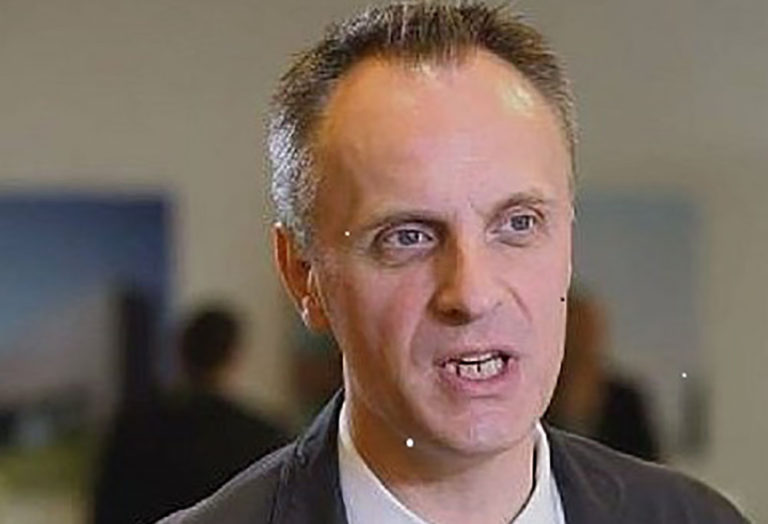JAMA, Your Integrity Is At Stake
"Jammed by JAMA," is a critical editorial in The Chicago Tribune, that focuses on the duplicity of JAMA editors who publicly admonished authors (in general) who failed to disclose conflicts of interest, but when specific undisclosed conflicts of interest by the author of a JAMA article were brought to their attention, not only failed to take action, but both the editor-in-chief and the executive deputy editor attacked the messenger, Dr. Jonathan Leo, for posting accurate, truthful comments on the BMJ website.
http://blogs.wsj.com/health/2009/03/13/jama-editor-calls-critic-a-nobody
https://ahrp.org/cms/content/view/544/9/
The editors’ tactics of intimidation and their subsequent editorial calling for an oath of secrecy about conflicts of interest implying that JAMA’s internal editorial policies are somehow sacrosanct and unchallengeable have generated wide criticism, especially from angry physicians.
http://online.wsj.com/article_email/SB123776823117709555-lMyQjAxMDI5MzI3MzcyNjM4Wj.html
One day after The Alliance for Human Research Protection sent a letter to the American Medical Association calling for an investigation and termination of the editors involved, https://ahrp.org/cms/content/view/554/9/ the AMA announced that it has asked an oversight committee to investigate charges. https://ahrp.org/cms/content/view/556/9/ http://online.wsj.com/article/SB123819137827260883.html
Howard Brody, MD, PhD, author of "Hooked: Ethics, Medicine and Pharma" makes some very cogent observations (March 23) about this editorial abuse of power suggesting far more at stake than meets the eye:
"I cannot help but note now that the full story on CLASS has never yet been revealed by JAMA and despite what would appear to be blatant research fraud, the original study has never been retracted-nor has any explanation been given for the non-retraction. (By contrast, JAMA has called for Leo and Lacasse to retract their BMJ letter, without offering any substantive reason why it is flawed.)"
Dr. Brody called upon JAMA’s editors to get off their high horse and stop acting like demi-gods.
http://brodyhooked.blogspot.com/2009/03/jama-editors-need-to-come-down-off.html
Chicago Tribune
Jammed by JAMA
March 28, 2009
A few years ago, The Journal of the American Medical Association started publicly admonishing some authors who failed to disclose potential conflicts of interest with drug companies and other medical industries. That was a warning shot to those who ignored JAMA’s demands that such conflicts be voluntarily disclosed lest they taint the published research.
You would think, given this hyper-aware atmosphere, that the editors of JAMA or any other major medical journal would welcome any help they could get in patrolling its authors’ conflicts.
You would think that until you heard about Jonathan Leo, a professor of neuro-anatomy at Lincoln Memorial University in Harrogate, Tenn.
Leo recently posted a letter on the Web site of the British Medical Journal that criticized a study about the anti-depressant drug Lexapro that had appeared in JAMA. Leo identified an important omission in the study-and pointed out that the lead author had a financial relationship with the maker of the drug that wasn’t disclosed.
Did Leo get a grateful call from JAMA, thanking him for his sleuthing? Not quite. According to The Wall Street Journal, Leo said he fielded an angry and threatening call from JAMA executive deputy editor Phil Fontanarosa shortly after Leo’s letter was published.
When a Journal reporter called JAMA editor-in-chief Catherine DeAngelis about Leo, she reportedly said: "This guy is a nobody and a nothing. He is trying to make a name for himself. Please call me about something important."
In an online editorial published last week, JAMA editors disputed Leo’s version of his conversation with Fontanarosa. They said that the Journal had "erroneously reported" DeAngelis’ comments about Leo.
"As a faculty member [assistant dean of students] of a school preparing physicians who will care for patients, Leo certainly is ‘somebody doing something’ very important," the editorial said. You could almost feel the solicitous pat on the head.
Leo had first notified JAMA of problems with the study, but had heard nothing from the editors for several months. So he decided to go public. The editors said that on the day Leo posted on the Web site, JAMA was six days away from publishing a letter and detailed correction about the study. In other words, they say Leo was right, but he should have been more patient.
JAMA, you’re not looking good here.
Leo says he uncovered the conflict in a simple Google search, the kind that anyone, say, at JAMA could do in a few minutes. He wonders why JAMA took so long to confirm the information.
Good question.
JAMA now says it is clarifying its policy for how it handles allegations of unreported conflicts of interest. The tipster will be told not to reveal information to "third parties" or the media while the investigation is under way. But that alone won’t get to the heart of the problem. JAMA took much too long to investigate the allegations, creating the impression that it didn’t take them seriously. And if editors did direct their anger at the whistle-blower, JAMA has another serious problem.
JAMA, your credibility is at stake.
Copyright © 2009, Chicago Tribune


